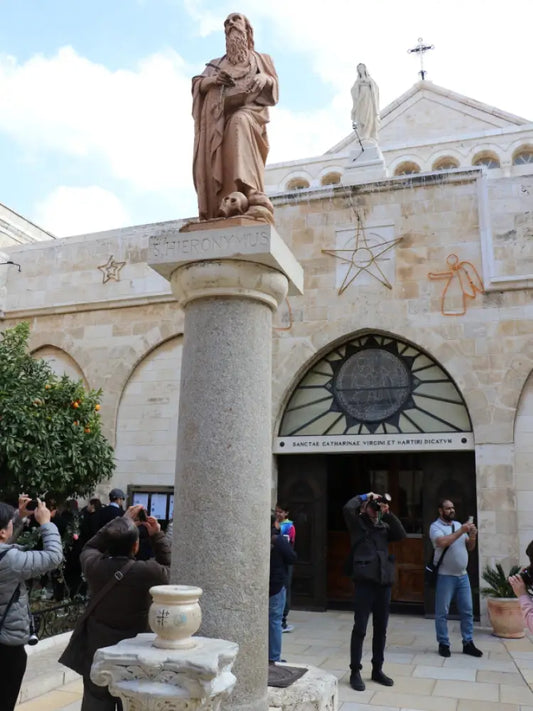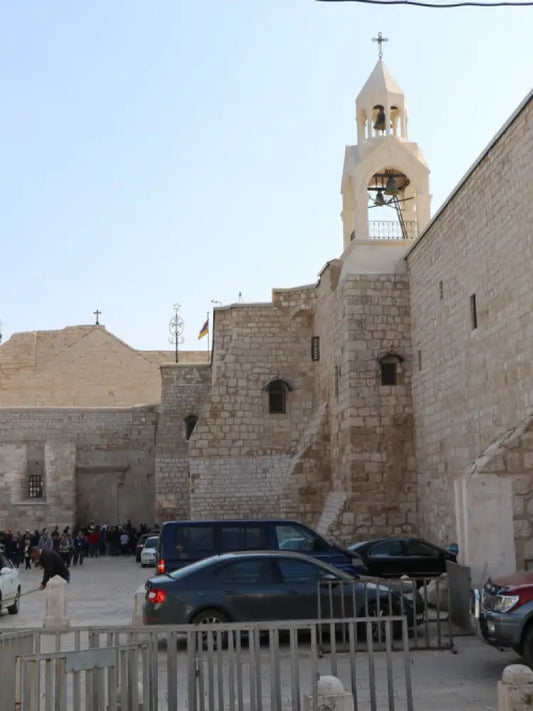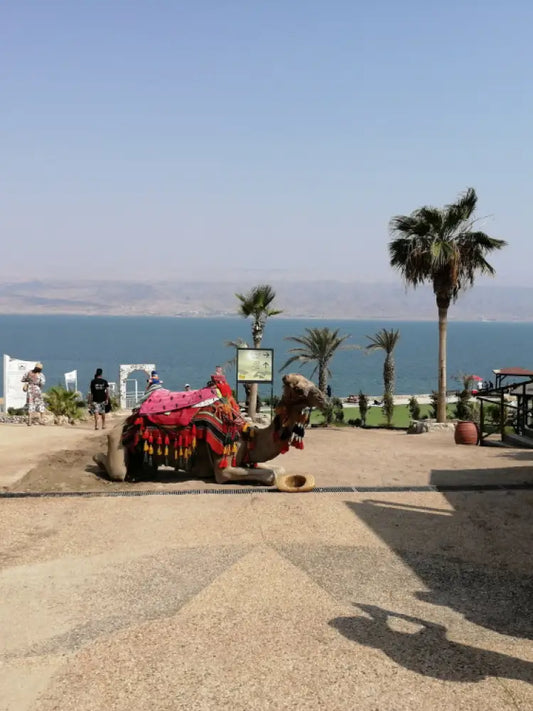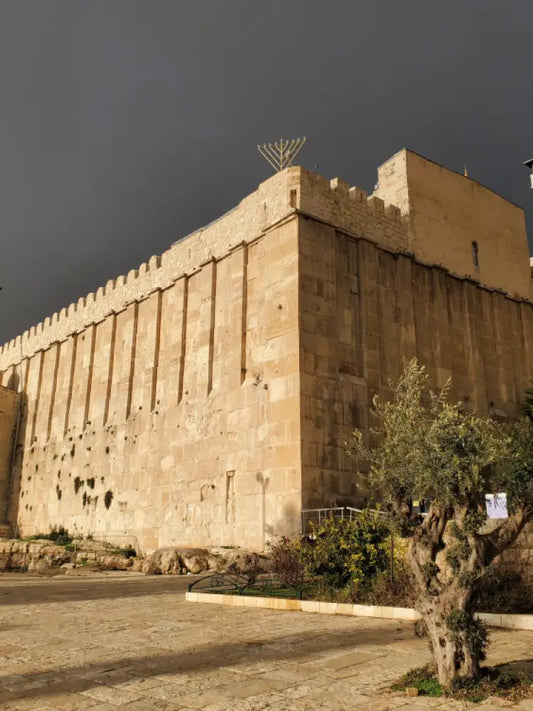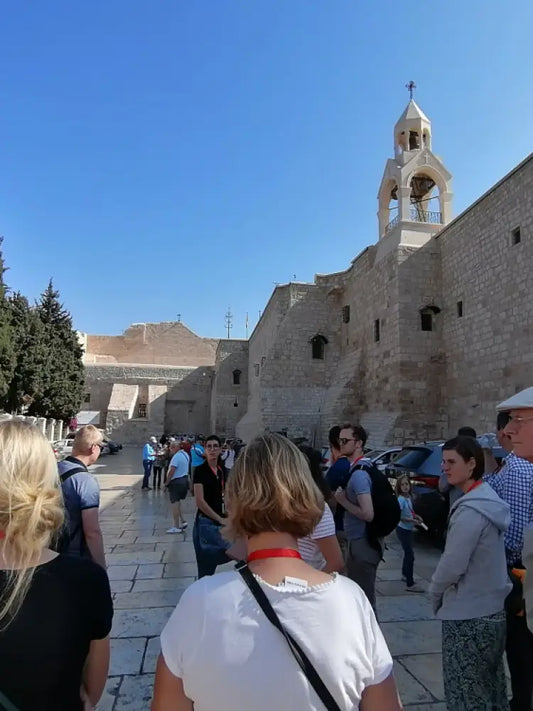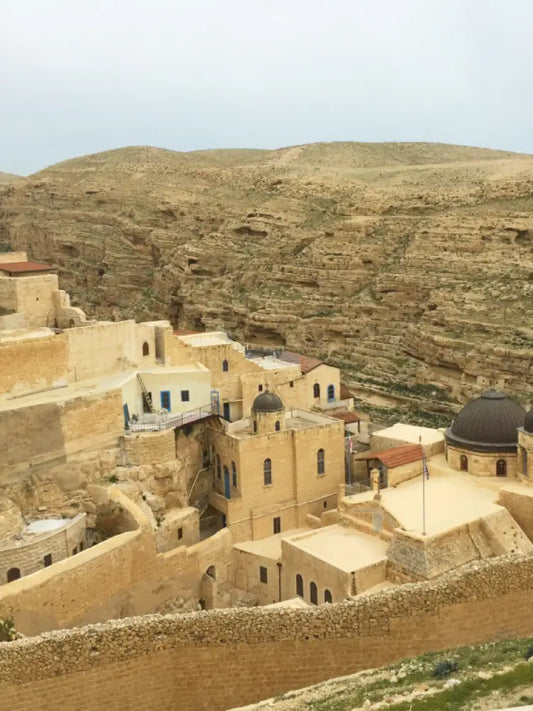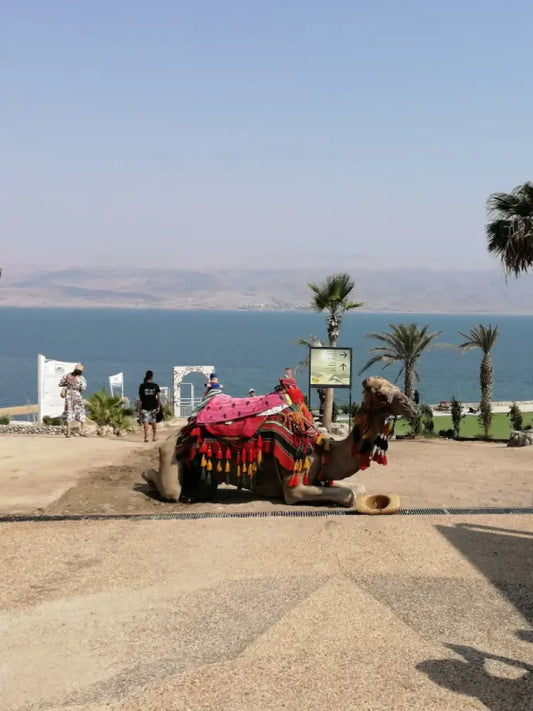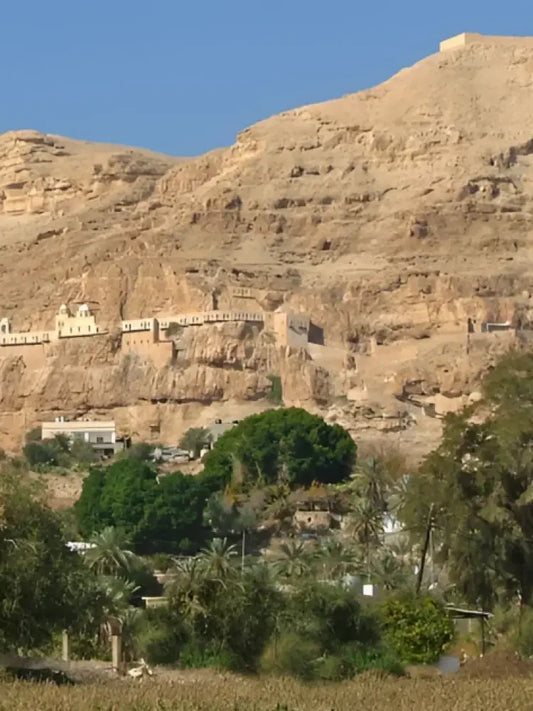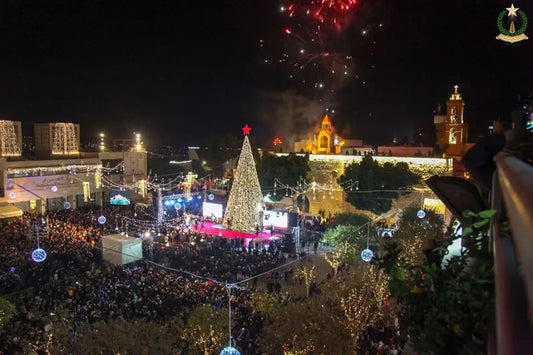Uncovering King David’s Wells in Bethlehem: Exploring the Town of David’s Biblical and Archaeological Legacy

Share
King David’s Wells in Bethlehem: Walking the Town of David's Forgotten Waters
The Whisper Beneath the Stones
There’s something different about Bethlehem. Not the busy square or the souvenir shops. But beneath it all beneath the churches and the crowds there’s a deeper pulse. A story that predates the manger .
Before Jesus was born here, before choirs of angels, a shepherd boy named David wandered these hills. He chased sheep . He sang psalms. He drank from the local wells .
This isn’t just a tale from the Bible it’s a story written in limestone, in olive roots, and in the echoes of the wells that still sit quietly behind old churches. Today, we explore King David’s Wells and the Town of David not as tourists, but as time travelers .
David’s Craving for Water: More Than Thirst
There’s a moment in the Old Testament that strikes a chord. David, far from home and exhausted, sighs:
“Oh, that someone would get me a drink from the well near the gate of Bethlehem…”
It’s not just about water. It’s about home. About longing for a piece of childhood. The taste of memory.
That well—believed to still exist—is tucked away near the heart of Bethlehem. A group of three ancient stone-lined wells remains behind the Church of St. Catherine, just off Manger Square. Weathered and dry, but standing. They don’t advertise themselves. They don’t need to. Locals call them David’s Wells.
No plaque. No neon sign. Just stone and silence. That’s how stories stay real.
Bethlehem: A Small Town with a Giant Legacy .
To understand the wells, you’ve got to understand the town .
Bethlehem’s full biblical name is Bethlehem Ephrathah . "House of Bread" is what it meant poetic in itself . But it was also the home of Jesse, father of David, and where David was anointed by the prophet Samuel .
He was the youngest . The one left in the fields . But he was the one God chose .
In those hills around Bethlehem, David learned courage. And music . And what it meant to protect something small. The city wasn’t famous then. It was humble . Still is, in many ways .
That’s why it made sense that David came from there . And why later, Jesus was born there too .
What the Stones Remember: Archaeological Echoes
Now, let’s be clear Bethlehem isn’t an archaeological theme park . It’s lived-in Crowded Alive But dig deep enough, and ancient truths rise up .
Around Manger Square, beneath layers of Roman, Byzantine, and Ottoman history, lie Iron Age cisterns, fragments of pottery, and channels that once carried water through David’s hometown.
Some of those stone wells may have quenched his thirst as a boy. Or as a king. We’ll never know for certain. But the alignment of oral tradition, location, and age makes a compelling case.
It’s one thing to read about David. It’s another to stand next to something he may have touched.
The Two Hills: Why the Terrain Matters
Biblical Bethlehem was built between two rocky ridges practical for defense, useful for shepherding, and naturally fortified . These two hills are still visible today . They form the shape of the city and cradle its history .
Between them flows a network of underground cisterns and springs . These hills aren’t just background they are the story. David wasn’t raised in some palace or grand city . He came from stone and sheepfold .
Bethlehem made him .
The Shepherd Fields: Where Young David Walked
South of the city lies Shepherds’ Field, where young boys once guided flocks and where, years later, angels would announce the birth of Christ .
It’s easy to imagine David there . Harp in hand. Watching the stars Writing lines that would one day become Psalms. The same fields The same rocks Maybe even the same olive trees, if you believe in that kind of miracle .
It’s quiet out there The kind of quiet where scripture feels closer than noise .
Bethlehem and the Promise of a King
The connection between David and Jesus wasn’t accidental. It was prophetic. The Old Testament speaks of Bethlehem as the place from which a ruler would come. And in the New Testament, we see that promise fulfilled.
David’s legacy wasn’t just a throne. It was a lineage.
His wells? They’re symbols now. Of thirst. Of memory. Of a boy who became king, and a town that became prophecy.
Table: Bethlehem in David’s Life
| Aspect | Biblical Meaning | Location Today |
|---|---|---|
| David’s Wells | Longing for home, symbolic of deep desire | Near Church of St. Catherine |
| House of Jesse | David’s family home | Traditionally located near Beit Sahour |
| Anointing of David | Samuel’s visit, divine selection | Outskirts of Bethlehem |
| Shepherd’s Fields | Where David tended sheep, where angels later sang | South of Bethlehem |
| Rocky Hills | Fortified terrain, natural defense, symbolic origin | Form the base of the modern city |
Why It Still Matters Today
You don’t have to believe every stone. But something happens when you stand in Bethlehem and breathe the same air David did. You remember that greatness often comes from small places. That real power is quiet. And that water from a familiar well sometimes matters more than wine from a palace .
David, the shepherd boy, loved his city . And so did Christ, who entered the world through it .
It’s not a coincidence It’s a thread.
Ready to Visit the Wells of David?
If you ever find yourself in Bethlehem, don’t just rush to the big sights. Walk slower. Listen deeper. Ask to see the wells behind the Church. Ask the locals. They’ll point the way.
And when you stand there—among the stones and the silence—maybe you’ll hear it too.
That longing. That memory. That water David wanted so badly.
It’s still here.
Walk in the Footsteps of the King
If you're looking for a guide who truly knows these paths not just the tourist trail but the soul of the city Elijah Tours offers local, faith-rooted journeys into Bethlehem’s biblical heart .
📱 Message us on WhatsApp now to create your private or shared tour:
👉 Click to message on WhatsApp
Come thirsty. You’ll leave filled .
📚 References & Further Reading
-
Biblical Archaeology Society – Trusted research on Bethlehem’s ancient roots and King David's historical context.
-
Encyclopedia Britannica – In-depth articles on David’s life, lineage, and legacy in ancient Israel.
-
Catholic Answers – Theological perspectives on why Bethlehem matters in salvation history.
-
Bible Gateway – Read 2 Samuel 23 and explore other key passages about David’s early life.
-
Elijah Tours – Walk in the footsteps of King David with authentic Christian-led tours through Bethlehem.

